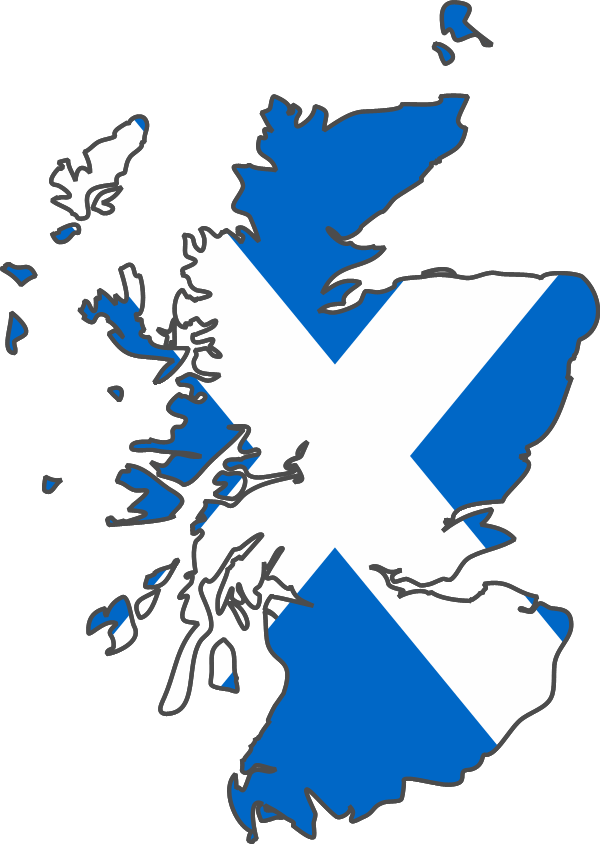“Should Scotland be an independent country?”
On Thursday, September 18th, Scottish citizens aged sixteen and up, a population of approximately 4.1 million, will decide the issue, checking “Yes” or “No” on a ballot that will determine their nationality. As part of the Scottish Referendum (Franchise) Bill, Scotland’s Parliament extended the vote to sixteen-year-olds, lowering the minimum voting age by two years, a longtime goal of the Scottish National Party. However, only Scottish residents can vote on the independence referendum: England, Wales, and Northern Ireland have no say, to which, as members of the United Kingdom, they take offense.
The independence referendum vote decides whether Scotland will remain a member of the United Kingdom, a thorny issue over the years. Since its induction in 1707, Scotland has clashed with England, reviving its Parliament in 1999 to become a devolved government. Since then, the Scottish National Party has grown to hold a majority. After establishing a minority hold on the government, First Minister Alex Salmond, a leader of the SNP, introduced Scottish independence in the 2011 campaign. The Yes Scotland movement, matched by the Better Together drive, launched in May 2012, less than a year later.
“The ‘Yes’ campaign has centered on a positive vision for Scotland,” James Bond actor and SNP supporter Sean Connery argues. Motivated by patriotism and a feeling of separation from England, the SNP posits that independence will buoy Scotland’s economy and reform its government, although Salmond hopes for a currency union with the United Kingdom should Scotland become independent. Additionally, the move will allow Scotland to make its own decisions regarding nuclear power; currently, Scotland houses England’s nuclear weapons. While Scottish independence initially seemed to many citizens an outrageous proposal, anti-British sentiment has taken root in popular culture. From The Simpsons groundskeeper Willie to musician David Bowie, a litany of celebrities has expressed support for the break with the United Kingdom.
“The more I listen to the ‘Yes’ campaign, the more I worry about its minimalization and even denial of risks,” author and Better Together advocate J.K. Rowling notes. The “Better Together” campaign is hoping to convince Scotland to vote “No, Thanks” to the referendum. However, the movement was damaged by claims that it was too negative, and leaned too heavily on scare stories. Since then, its leader Alistair Darling has focused on the benefits of remaining part of the United Kingdom, including patriotism and the importance of a united economy. Should Scotland declare independence, it will break ties with the United Kingdom and the pound. As an autonomous nation, Scotland will forfeit its claim to the Bank of England, which could lead to economic uncertainty should the United Kingdom refuse a currency union. The “Better Together” movement also avers that the combination of the Scottish Parliament and the larger United Kingdom rule allows for self-government with oversight, allowing Scotland the advantages of a larger partnership and the freedoms of independent rule.
The vote is too close to call. “There are a lot of unanswered questions,” comments Scottish university student Emma Puschman. “What will our currency be? Will we be helped by the UK? Will people who live at the border and work in England be able to keep their jobs? Will university fees still be free?” For citizens like Emma, there is no way to know.
Sources
http://www.bbc.com/news/uk-scotland-scotland-politics-26275521
